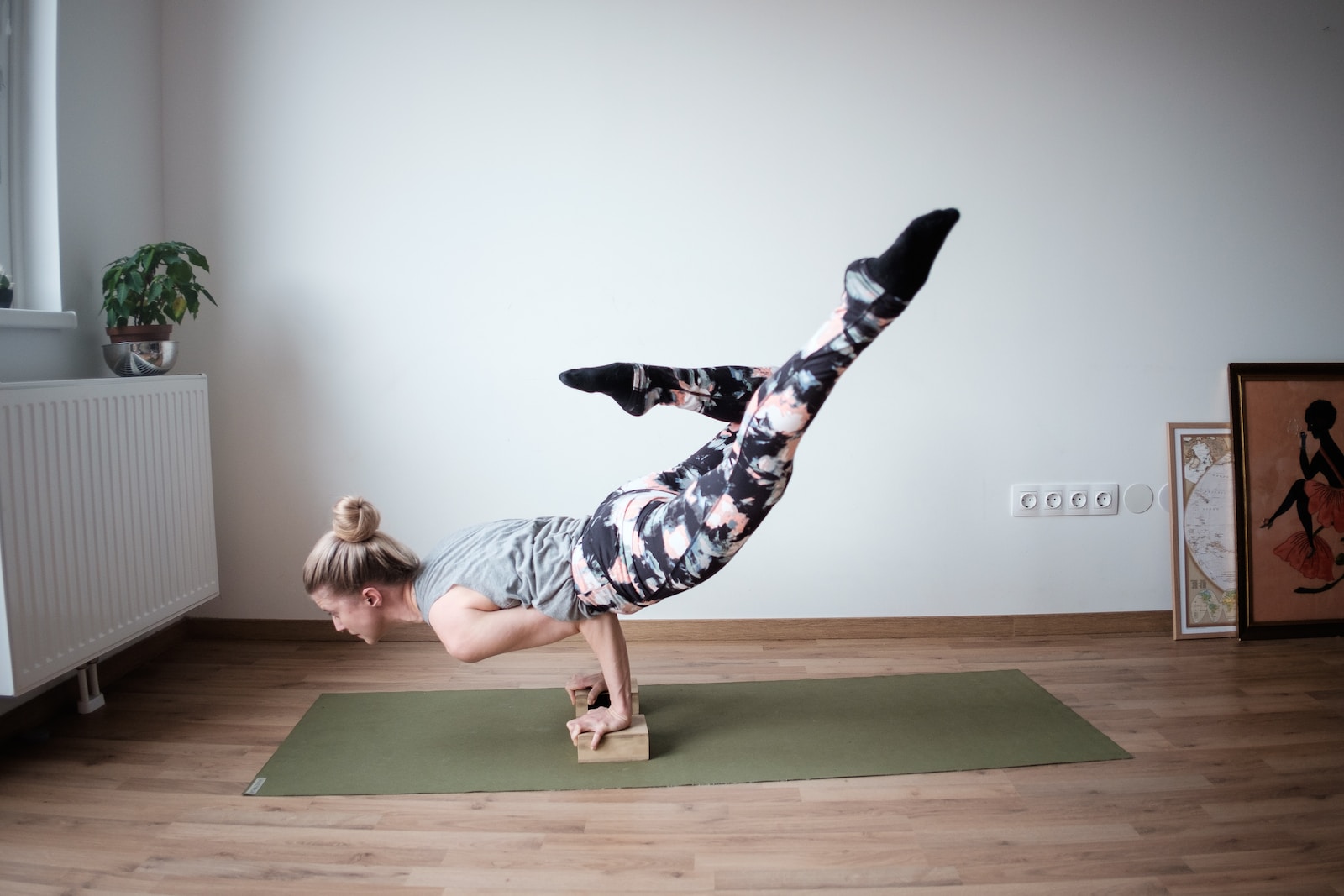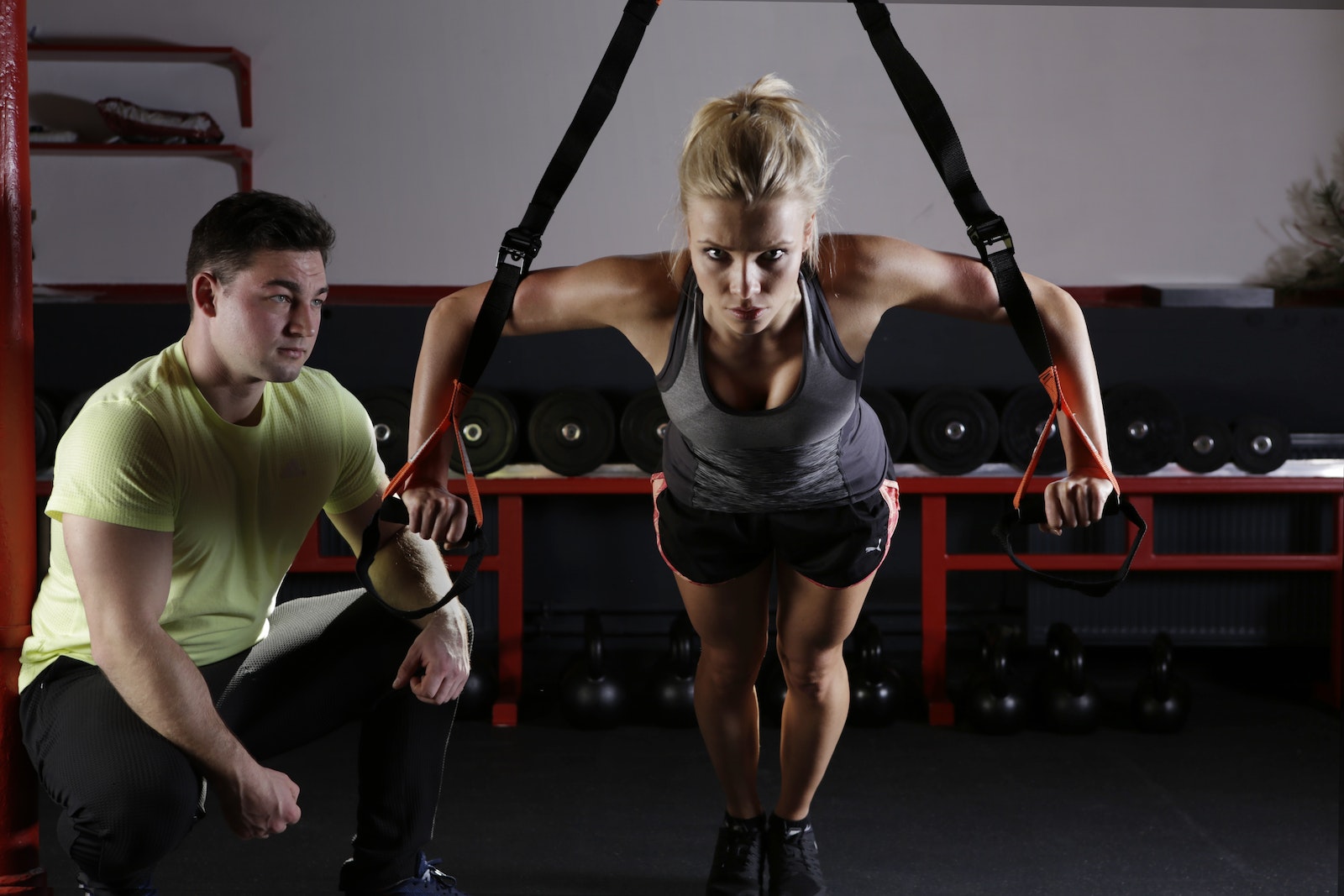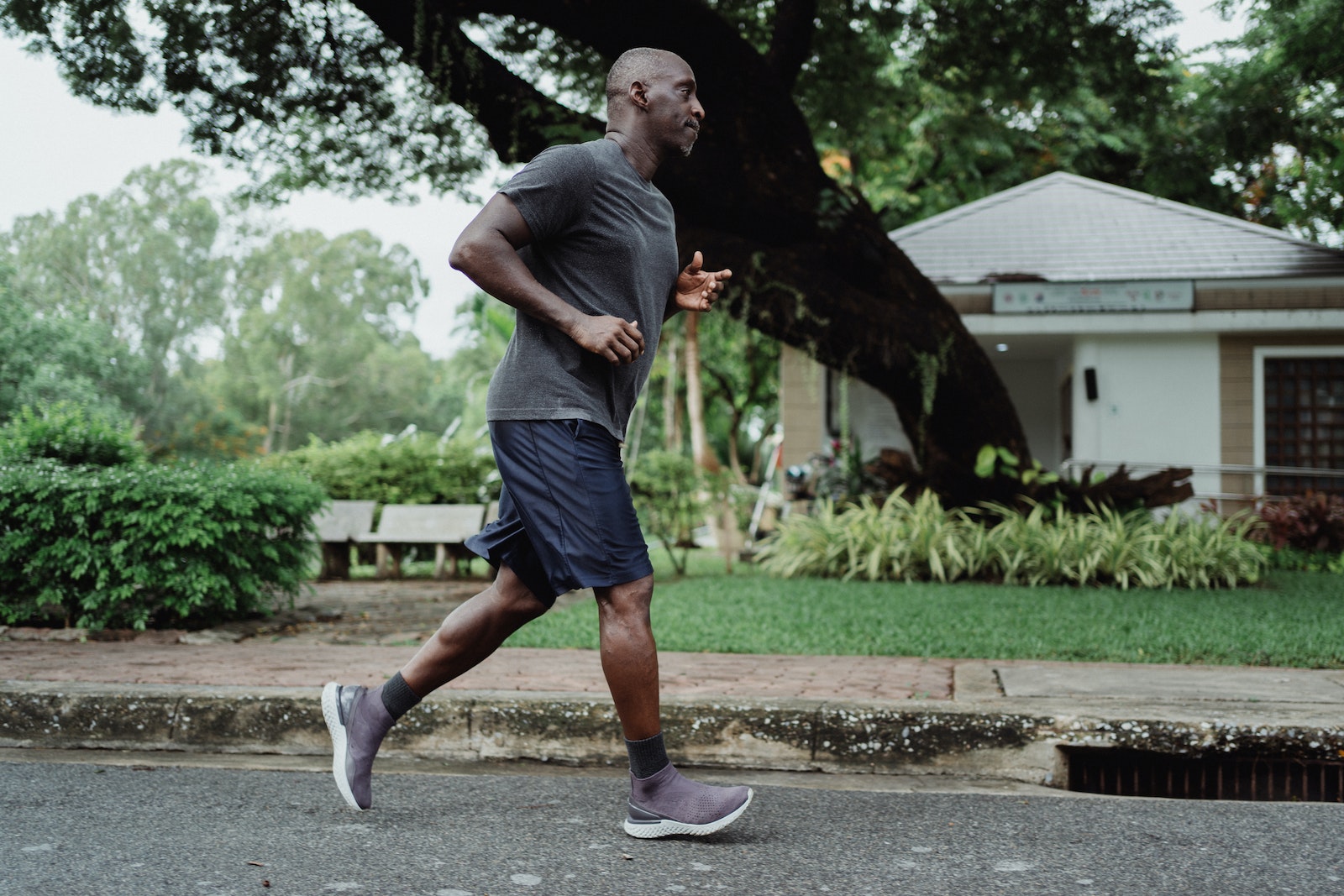In a fast-paced world where we often find ourselves juggling numerous responsibilities and obligations, taking the time to connect with our bodies and minds can be immensely rewarding. This is where the concept of mindful movement steps in – a practice that not only enhances physical strength and endurance but also nurtures a deeper connection between the body and the mind. In our previous blog we wrote about Mindful Eating and Gut Health: Ignite Microbiome Vitality. In this blog, we’ll delve into the fascinating realm of mindful movement, exploring its profound impact on strength, endurance, and holistic well-being.
Understanding Mindful Movement
 At its core, mindful movement involves the deliberate integration of mindfulness principles into physical activities.
At its core, mindful movement involves the deliberate integration of mindfulness principles into physical activities.
Mindfulness, rooted in ancient contemplative traditions, revolves around being present in the moment without judgment.
When applied to movement, it encourages us to pay close attention to the sensations, thoughts, and emotions that arise during exercise.
Incorporating mindfulness into physical activities offers a range of benefits that extend beyond the realms of the gym.
By bringing awareness to our movements, we cultivate a deeper connection to our bodies, promoting better alignment, balance, and posture.
Moreover, mindful movement serves as a powerful stress reducer, helping to alleviate tension and anxiety.
The Role of Mindful Movement in Enhancing Strength and Endurance
 The mind-muscle connection is a cornerstone of mindful movement.
The mind-muscle connection is a cornerstone of mindful movement.
By consciously engaging with the muscle groups we are targeting, we optimize our efforts, resulting in more effective workouts.
Through mindfulness, we fine-tune our form and technique, reducing the risk of injury and maximizing the benefits of each movement.
Additionally, harnessing breath awareness ensures a steady flow of oxygen to our muscles, boosting endurance and overall performance.
Mind over Matter: How Mindfulness Boosts Strength and Endurance
 Mindful movement is not limited to the physical aspects of exercise; it extends to the neural pathways that govern our movements.
Mindful movement is not limited to the physical aspects of exercise; it extends to the neural pathways that govern our movements.
Studies have shown that incorporating mindfulness practices enhances neural plasticity, facilitating better coordination and muscle engagement.
Visualization, a key component of mindfulness, further amplifies physical output.
By picturing successful execution, we pave the way for improved performance.
Overcoming mental barriers, such as self-doubt or fatigue, becomes achievable through mindfulness practices, empowering us to push through and surpass limitations.
Benefits of Mindful Movement on Strength and Endurance
Mindful Movement vs. Conventional Training: A Comparative Analysis
 Numerous studies have highlighted the unique advantages of mindful movement over conventional training methods.
Numerous studies have highlighted the unique advantages of mindful movement over conventional training methods.
Not only does mindfulness enhance physical performance, but it also decreases the likelihood of burnout and injury.
By listening to our bodies and respecting their signals, we create a sustainable and supportive approach to training.
Cognitive Resilience and Physical Performance: The Mindful Connection
 The relationship between mental resilience and physical endurance is deeply intertwined.
The relationship between mental resilience and physical endurance is deeply intertwined.
Mindful exercises serve as potent stress-reduction tools, directly impacting our capacity to endure challenging workouts.
When discomfort arises during intense training, mindfulness acts as a buffer, allowing us to manage sensations without succumbing to them.
Moreover, cortisol, a hormone often associated with stress, can significantly impact muscle recovery and growth.
Mindfulness mitigates cortisol’s adverse effects, fostering optimal recovery.
Enhanced Mind-Muscle Connection: Precision in Movement
Mindful movement places a significant emphasis on cultivating the mind-muscle connection – the ability to engage and activate specific muscle groups with intention.
By directing your attention to the sensations, contractions, and movements of your muscles, you not only optimize your form but also enhance the effectiveness of each exercise.
This heightened awareness not only reduces the risk of injury but also ensures that you are getting the most out of your workout.
Stress Reduction and Cortisol Regulation: Promoting Recovery
 Stress has a direct impact on our physical performance and recovery.
Stress has a direct impact on our physical performance and recovery.
Engaging in mindful movement techniques, such as deep breathing and body awareness, triggers the relaxation response, reducing the levels of stress hormones like cortisol in the body.
Lower cortisol levels translate to improved muscle recovery, reduced inflammation, and an overall better state of well-being.
This benefit extends beyond the gym, as reduced stress contributes to better sleep quality and overall mental health.
Pain Management and Discomfort Tolerance: Pushing Through Barriers
Mindful movement equips you with effective tools to manage pain and discomfort during intense workouts.
By training yourself to stay present and attentive to sensations, you can navigate through challenging moments with greater ease.
This practice allows you to distinguish between productive discomfort and potentially harmful pain, enabling you to make informed decisions about pushing your limits or dialing back when necessary.
Endurance Amplification: Pacing and Mental Stamina
 Mindful movement plays a pivotal role in enhancing endurance by regulating pacing and rhythm.
Mindful movement plays a pivotal role in enhancing endurance by regulating pacing and rhythm.
Engaging in exercises with mindfulness allows you to maintain a steady pace without succumbing to mental fatigue.
Whether you’re engaging in long-distance running, cycling, or any other endurance-based activity, mindfulness helps you sustain mental clarity and focus throughout the duration of the exercise.
This mental stamina directly translates to improved physical endurance.
Implementing Mindful Movement Strategies for Optimal Gains
Mindful Strength Training Workouts: Balancing Effort and Awareness
 Integrating mindfulness into strength training is transformative.
Integrating mindfulness into strength training is transformative.
By maintaining awareness of our movements, we prevent overexertion and reduce the risk of strain.
Tuning into the body’s signals becomes a guiding principle, promoting longevity in our fitness journey.
Creating mindful routines ensures consistent progress while nurturing both body and mind.
The Mindful Cardio Experience: Endurance and Tranquility
 Cardiovascular exercises, such as running, swimming, and cycling, can also benefit immensely from mindful approaches.
Cardiovascular exercises, such as running, swimming, and cycling, can also benefit immensely from mindful approaches.
Mindfulness enhances endurance by regulating pacing and rhythm.
Maintaining mental clarity during prolonged activities prevents mental fatigue, allowing us to sustain our efforts over longer durations.
In long-distance running, for instance, mindful movement helps us remain present and focused, easing the psychological challenges of endurance.
Holistic Well-being: Mindful Movement and Mental Resilience
Mindful Movement for Stress Reduction and Mental Clarity
Stress and anxiety are pervasive in modern life. Mindful movement offers an effective countermeasure.
By engaging in mindful activities, we activate the body’s relaxation response, promoting a sense of calm.
Additionally, mindfulness enhances sleep quality, facilitating better recovery and overall well-being.
Nurturing Mind-Body Harmony through Mindful Practices
Mindful practices like tai chi and yoga exemplify the union of movement and mindfulness.
These practices not only enhance physical flexibility and strength but also cultivate body awareness and balance.
By integrating breath and movement, we align our physical and mental selves, fostering holistic health.
Conclusion
The impact of mindful movement on strength, endurance, and overall well-being is undeniable.
As we’ve explored throughout this article, the marriage of mindfulness and physical activity yields a range of benefits that extend beyond the gym.
By incorporating mindfulness into our fitness routines, we not only optimize our physical performance but also cultivate mental resilience, emotional balance, and a profound sense of connection with our bodies.
So, as you embark on your fitness journey, remember the transformative potential of mindful movement – a practice that harmonizes the dynamic interplay between the body and the mind.
Are you ready to unlock the full potential of your fitness journey?
As we've explored the profound benefits of mindful movement on your strength, endurance, and overall well-being, it's clear that the synergy between mindfulness and physical activity can truly transform your fitness experience.
But here's the exciting part: there's an even more effortless way to achieve your health and weight goals.
Introducing the PrimaJust weight loss method! You've discovered the power of mindfulness in enhancing your physical performance, but imagine achieving all-natural weight loss, shedding 1-3 pounds per week without the need for restrictive diets or strenuous exercise routines.
It's possible, and it's waiting for you in our still free report.
Download it now to uncover The Exact Method to Unlock Your Metabolism and embark on a journey to a healthier, happier you.
Don't miss out on this opportunity – take action today!
[Source]Free Report
Seeking effortless weight loss? Don’t miss out on your chance to schedule a free Weight Loss Clarity Call.
Discover more with these insightful related blog posts
-
Benefits of Mindful Movement: Empower Your Life Positively
Living in a fast-paced world, it's easy to get caught up in the hustle and…
-
Benefits of Mindful Movement: Transform Posture for Wellness
In our fast-paced modern world, where stress and constant distractions have become the norm, the…
-
The Power of Mindful Movement for Improved Posture and Alignment
In the hustle and bustle of our modern lives, the significance of maintaining good posture…














